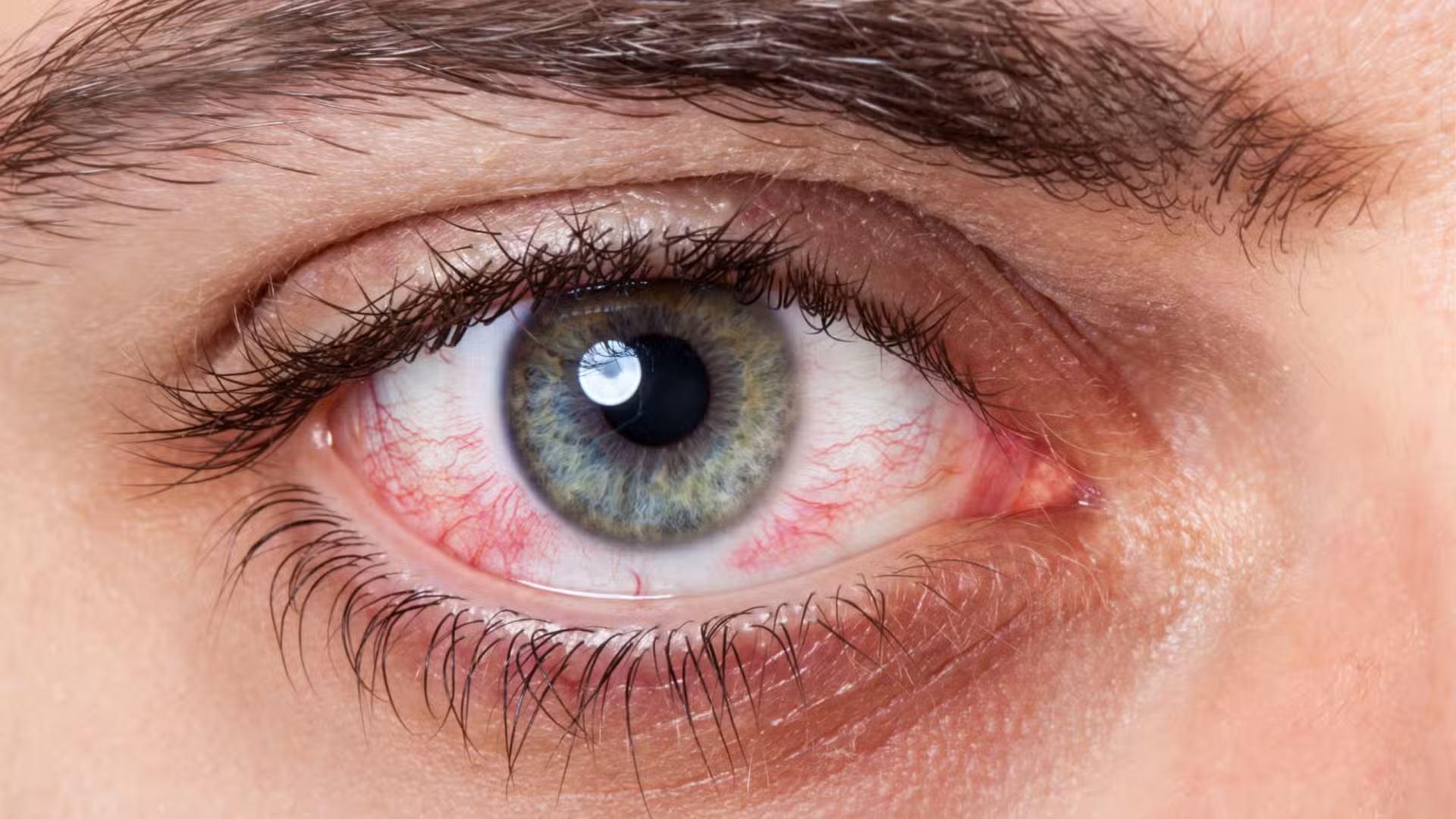In recent years, the use of CBD (Cannabidiol) has become increasingly popular due to its potential health benefits. However, many people still have questions about the side effects of CBD, including whether or not it causes red eyes. In this article, we'll take a closer look at the relationship between CBD and the red-eye phenomenon, offering a clearer view on this issue.
Cannabis, CBD and red eyes
Cannabis and the red-eye phenomenon
Cannabis, also known as marijuana, is a medicinal and recreational plant that has been used for thousands of years. When you use cannabis, one of the common symptoms that users often experience is red eyes. This phenomenon is mainly caused by the THC (Tetrahydrocannabinol) contained in cannabis. THC is the main compound responsible for the 'high' when using cannabis. marijuana and also causes blood vessels in the eyes to dilate, leading to red eyes.
CBD: A non-intoxicating compound
While THC is the main compound responsible for psychoactive effects and red eyes, CBD is another compound present in cannabis that does not cause these phenomena. Not only does CBD not cause a 'high', it is also being studied for its many health benefits, such as pain reduction, anti-inflammatory properties and anxiolysis. But does CBD cause red eyes like THC? That's the question we'll answer in the rest of this article.

What is CBD?
Definition of CBD
CBD, short for Cannabidiol, is one of over 100 chemical compounds found in the cannabis plant. Unlike THC CBD does not have a psychoactive effect often associated with marijuana. Instead, CBD is recognised for its potential pharmacological effects and is currently the subject of much medical research around the world.
Origin of CBD
CBD is extracted from the cannabisThe process of extracting CBD from cannabis involves several purification stages to remove impurities and obtain a product of the highest purity. The process of extracting CBD from cannabis involves several purification stages to remove impurities and obtain a product of the highest purity.
The difference between CBD and THC
Although CBD and THC are both cannabinoids, they have very different effects on the human body. THC acts primarily on the central nervous system and causes a psychoactive effect, while CBD affects other systems in the body and does not cause intoxication. This difference has made CBD an attractive option for those who want the benefits of cannabis without the undesirable side effects.

How does CBD work?
The endocannabinoid system
To better understand how CBD works, it is essential to understand the body's endocannabinoid system (ECS). The ECS is a complex system involved in the regulation of many biological functions such as sleep, mood, pain perception and the immune system. This system includes cannabinoid receptors, which are found throughout the body, and endocannabinoids, substances similar to cannabinoids produced by the body itself.
CBD and cannabinoid receptors
CBD acts on the endocannabinoid system by interacting with cannabinoid receptors in the body, in particular CB1 and CB2 receptors. CB1 receptors are mainly concentrated in the central nervous system, while CB2 receptors are mainly found in the immune system and peripheral tissues. Although CBD does not bind directly to these receptors as THC does, it can nevertheless influence the way these receptors respond to endocannabinoids, helping to regulate many of the body's biological functions.
CBD and the red-eye phenomenon
As mentioned above, the phenomenon of red eyes when using cannabis is mainly caused by THC. CBD, because it doesn't interact with the CB1 receptors in the eyes like THC does, doesn't cause blood vessels to dilate or eyes to redden. In fact, numerous studies have shown that CBD does not cause red eyes in users. On the contrary, CBD may even have anti-inflammatory properties, helping to soothe the symptoms of eye irritation in some cases.
Factors influencing the body's reaction
However, it is important to note that the body's reaction to CBD may vary from person to person. Some people may experience mild dry eyes or discomfort, but these side effects are rare and are not directly related to the red-eye phenomenon. This may be due to factors such as the dose used, the method of consumption and the user's general state of health.

Other benefits of CBD
CBD and pain relief
One of the most remarkable benefits of CBD is its ability to relieve pain. CBD has been shown to be effective in treating chronic pain by interacting with cannabinoid receptors and other receptors in the body involved in pain perception. This makes CBD a popular option for people suffering from chronic pain, arthritis and other pain-related problems.
CBD and anxiety reduction
In addition to its analgesic effects, CBD is also known for its ability to reduce anxiety and stress. Numerous studies have shown that CBD can help improve mood and reduce anxiety symptoms, particularly in people suffering from social anxiety disorder. This may be because CBD acts on serotonin receptors in the brain, helping to regulate mood and emotions.
CBD and anti-inflammatory properties
CBD also has powerful anti-inflammatory properties, helping to reduce inflammation in the body and improve the condition of chronic inflammatory diseases such as arthritis, Crohn's disease and other inflammatory disorders. CBD's anti-inflammatory ability can be explained by its interaction with CB2 receptors in the immune system, helping to regulate the body's inflammatory response.
CBD and the immune system
CBD also has a positive effect on the immune system. By interacting with cannabinoid receptors in the immune system, CBD can help improve immune function, protecting the body against infections and other health problems. This makes CBD an attractive option for those who want to boost their immune system naturally.
Click on the link and buy now the best CBD flower products from MariSwiss:
Conclusion
In conclusionuse of CBD does not cause the red-eye phenomenon that occurs with cannabis containing THC. CBD works differently in the body and does not cause intoxication or dilation of blood vessels in the eyes. On the contrary, CBD offers many health benefits, including pain relief, anxiety reduction, anti-inflammatory properties and immune system enhancement. If you're considering using CBD, understanding how it works and acts on the body will help you make a more informed decision.
If you experience any unusual symptoms during use, consult a doctor to ensure the safety and efficacy of your treatment.










